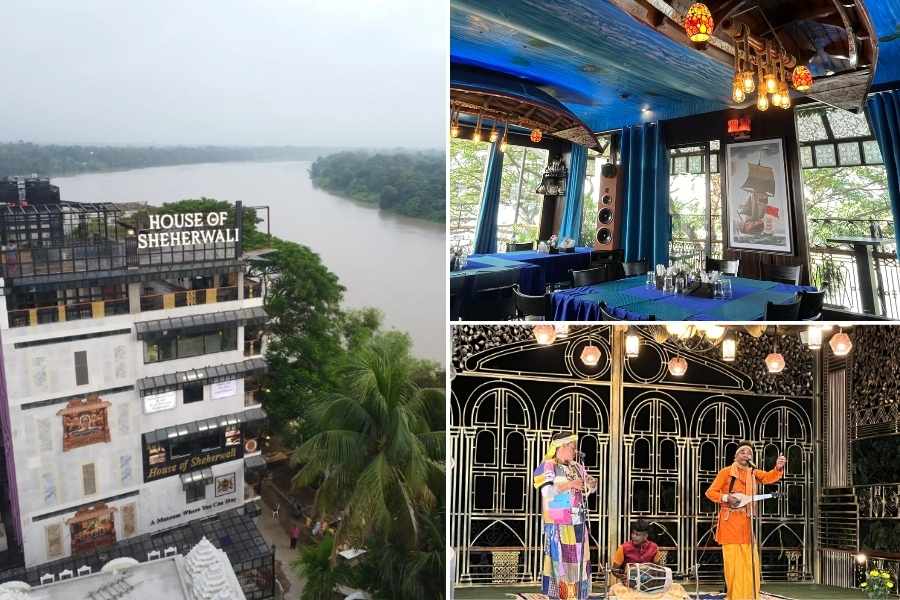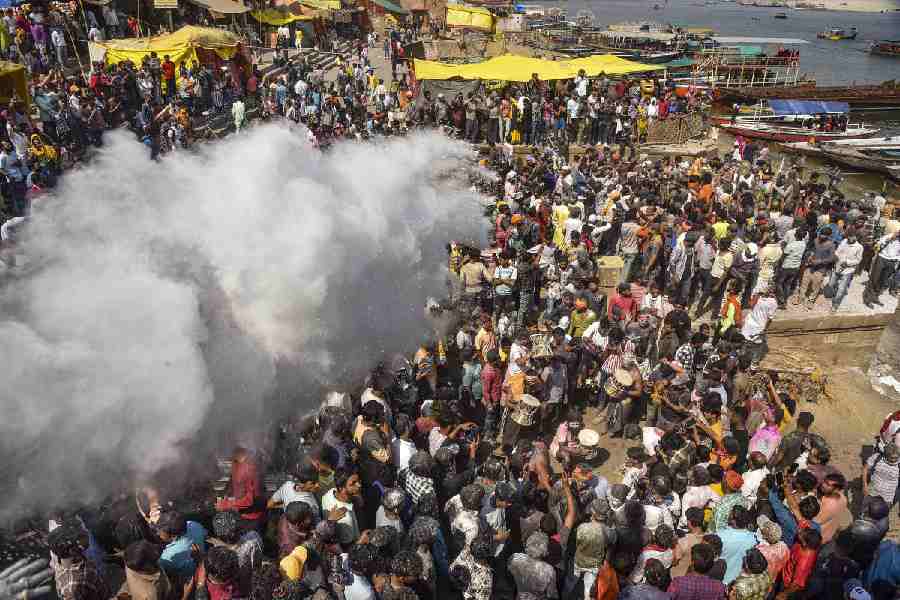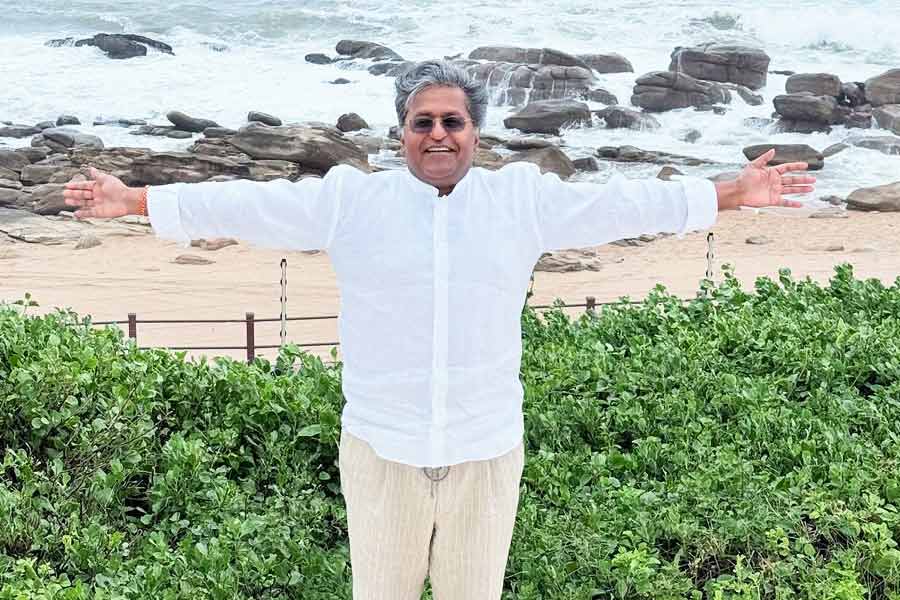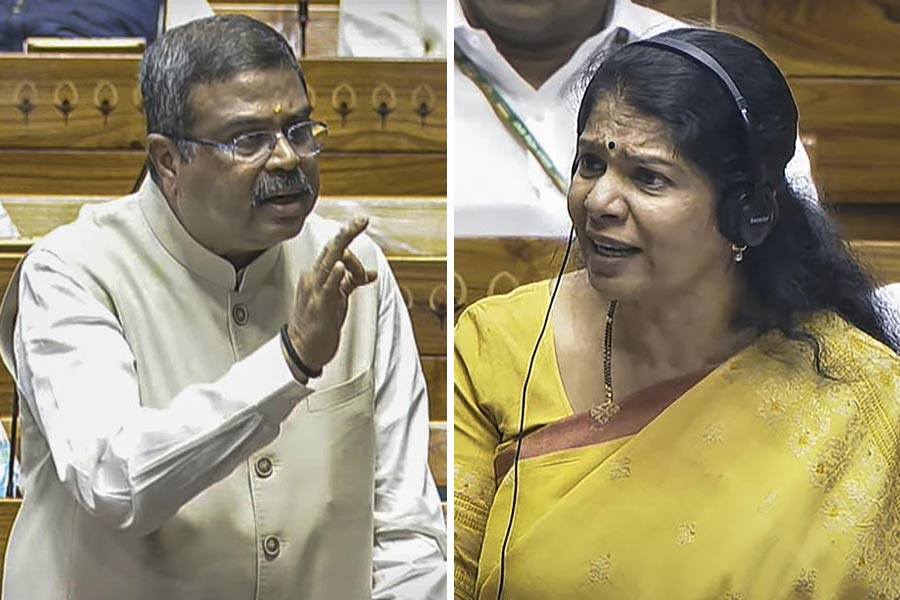 Tuesday, 11 March 2025
Tuesday, 11 March 2025
 Tuesday, 11 March 2025
Tuesday, 11 March 2025
India's 51st Chief Justice of India Sanjiv Khanna has his imprint on several landmark judgements such as upholding the sanctity of EVMs, abrogation of Article 370, scrapping the electoral bonds scheme and granting interim bail to former Delhi chief minister Arvind Kejriwal.
Hailing from an illustrious Delhi-based family, Justice Khanna is the son of former Delhi High Court judge Justice Dev Raj Khanna and the nephew of the iconic late former apex court judge H R Khanna.
A third-generation lawyer before being elevated to the Delhi High Court, the 64-year-old is driven by the zeal to reduce pendency and speed up justice delivery.
He was recommended by predecessor CJI D Y Chandrachud as his successor on October 17 and was sworn in as the CJI on Monday. Justice Khanna will retire on May 13, 2025, after serving over six months as head of the judiciary.
Some of the notable judgments of Justice Khanna in the Supreme Court include upholding the use of electronic voting machines (EVMs) in elections, saying the devices were secure and eliminating booth capturing and bogus voting.
A bench headed by Justice Khanna had on April 26 termed the suspicion of manipulation of the EVMs "unfounded" and rejected the demand for reverting to the old paper ballot system.
He was also part of the five-judge bench that declared the electoral bond scheme, meant for funding political parties, as unconstitutional.
Justice Khanna was a part of the five-judge constitution bench of the Supreme Court, which unanimously upheld the power of the President to abrogate Article 370 of the Constitution, which in August 2019 led to the reorganisation of the State of Jammu and Kashmir (J&K) into two Union Territories and denuded it of its special privileges.
It was the Justice Khanna-led bench, which, for the first time, granted interim bail to then Delhi chief minister Kejriwal in the excise policy case to campaign in the Lok Sabha elections.
In 2021, a bench he was a part of upheld the validity of the e-voting process for winding up mutual fund schemes in a case related to the closure of schemes of Franklin Templeton Trustee Services Private Limited.
In a case related to news anchor Amish Devgan, Justice Khanna, who was part of a bench, had held the freedom of speech and expression “cannot be pressed into service for defeating the fundamental right guaranteed by Article 21 (right to life and personal liberty) as if one claims to right to speech, the others have the right to listen or decline to listen”.
The bench had refused to quash the FIRs registered against the journalist but granted him interim protection against arrest subject to his cooperation in the probe.
Ignoring the huge row over his elevation that has led to supersession of several judges, the Government had in January 2019 appointed Justice Khanna to the Supreme Court as recommended by the apex court's collegium.
The Bar Council of India (BCI) had then termed his appointment as "whimsical and arbitrary", saying it will lead to "humiliation and demoralisation" of the superseded judges.
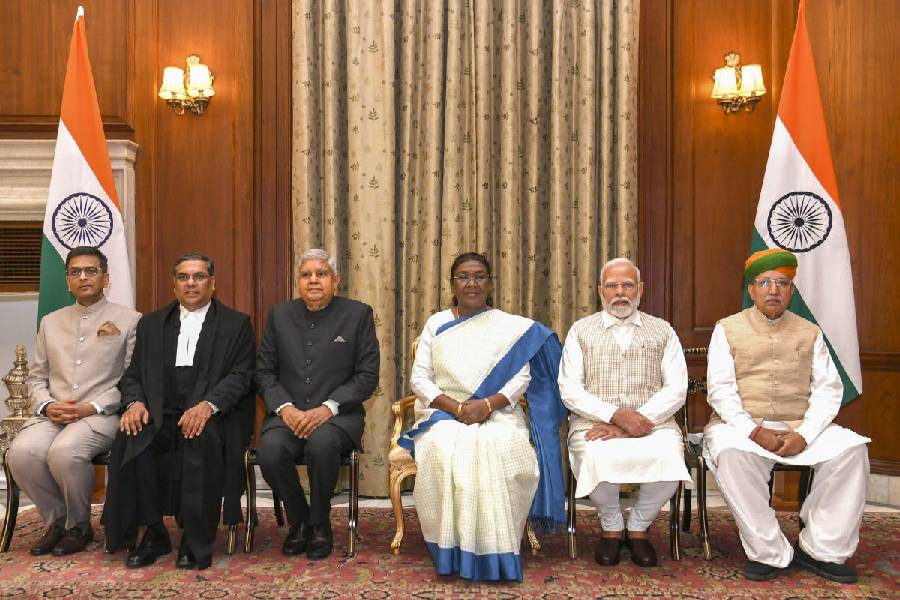
The BCI, which is an apex body of lawyers, had said the decision of the collegium was viewed by the Bar and the common man as "unjust and improper".
In a statement, BCI Chairman Manan Kumar Mishra had then said that the supersession of several senior Judges and Chief Justices of the country cannot be tolerated by the people.
"We have no grievance against Justice Khanna. But he can wait for his turn. There is no hurry to elevate him ignoring the merit and seniority of several Chief Justices and puisne Judges of the country," it had said.
Then sitting Supreme Court judge Justice Sanjay Kishan Kaul had also written a note to then CJI Ranjan Gogoi and fellow judges in the collegium for ignoring the seniority of Chief Justices of the High Courts of Rajasthan and Delhi, Pradeep Nandrajog and Rajendra Menon, respectively.
Sources had then said that Justice Kaul was of the view that a wrong signal would go out if the two Chief Justices, who are up in the seniority list than Justice Khanna, would be left out for elevation as apex court judges.
Justice Khanna was born on May 14, 1960, and studied law at the Campus Law Centre, Delhi University, before enrolling as an advocate with the Bar Council of Delhi in 1983.
As a lawyer, he practised in the district courts at the Tis Hazari complex and subsequently moved his practice to the Delhi High Court.
He had a long tenure as the senior standing counsel for the Income Tax Department and was appointed the standing counsel (civil) for the National Capital Territory of Delhi in 2004.
Justice Khanna also appeared and argued several criminal cases at the Delhi High Court as an additional public prosecutor and as an amicus curiae.
Justice Khanna was also the executive chairman of the National Legal Service Authority.
His uncle, Justice H R Khanna, during his judgeship, made waves when he resigned in 1976. He had penned a dissenting verdict in the infamous ADM Jabalpur case during the Emergency.
